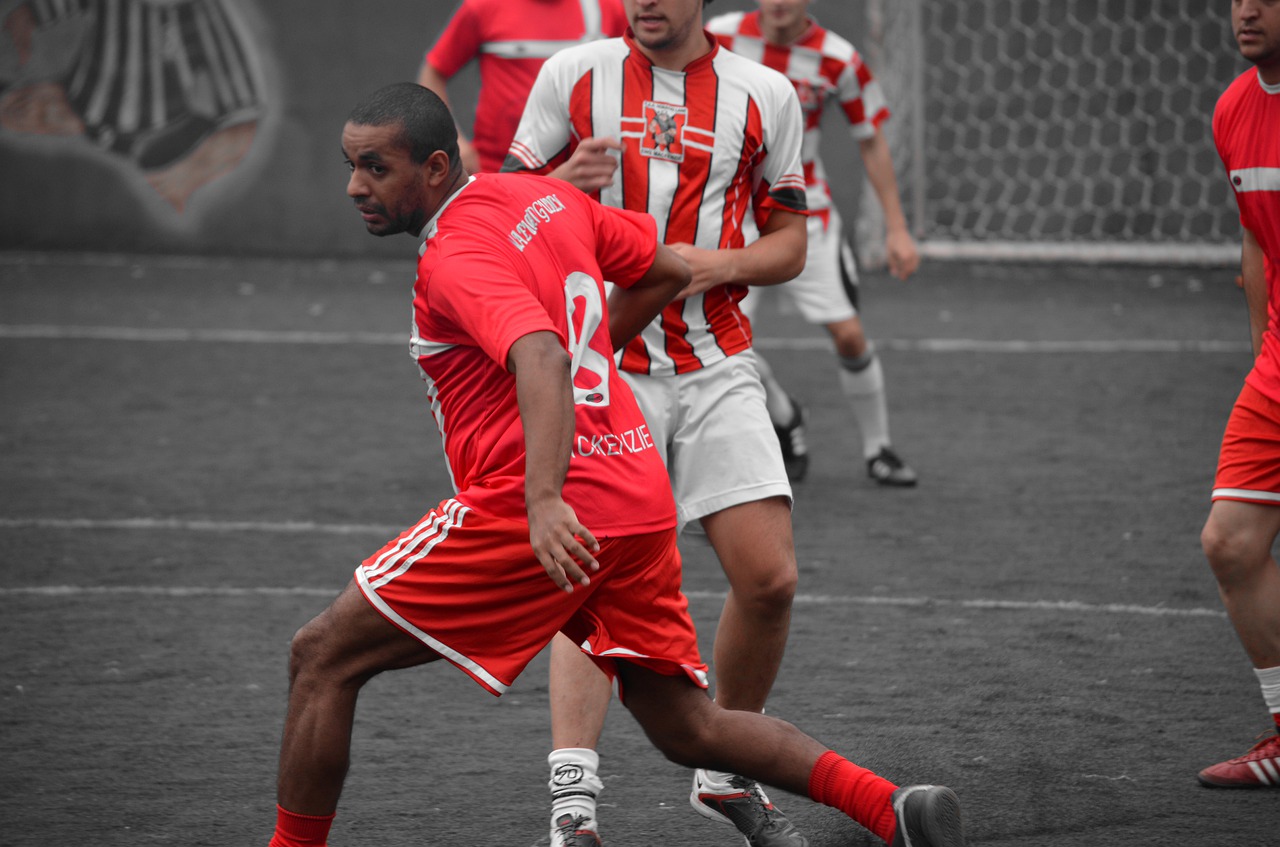
Asante Kotoko News
The two-time CAF Champions League winners and 23 times Ghana Premier League’s champions, Asante Kotoko had parted ways with Maxwell Konadu as their head coach in December 2020. The announcement, made in December by the team’s management, for the immediate dismissal of the former football player of the same team had left them with the temporary acting head coach and assistant coach of Abdul Gazale and Johnson Smith for a 30-day period, that commenced on 22 December 2020. By 22 January 2021 the team had to confirm a substantive appointment to avoid sanctions. Therefore, the club confirmed that for the rest of 2020/2021 season the club’s acting head coach will be Abdul Gazale.
For the first time this season the Porcupine Warriors became on top of Ghana Premier League after winning against Kerala United and consequently ending their perfect performance with six straight victories.
The Club in the History

The club’s history began with the chauffeur, Kwasi Kumah and by his cultivating idea to create a football team. He had found inspiration by previously watching a great football match. In 1926 he established the Ashanti United Football Club, with 13 young Ashanti men and his friend’s help – the electrician L.Y. Asamoah. The club’s names kept on changing, having been renamed Kumasi Titanics, Mighty Atoms in 1934 and later on Kumasi Asante Kotoko Football Club. Permission from Asantehene Prempeh II of the Ashanti (King of the kingdom of Ashanti) had to be given in order to use the name “Kotoko”, as its meaning is the official symbol of the Ashanti nation, that is translating to “Porcupine”. Therefore, the football club’s official formation was in 1935 and its first life patron became the Asantehene.
Asante Kotoko became one of Africa’s most popular sports club and it is coming from Kumasi, Ashanti Region in Ghana West Africa. The Porcupine Warriors’ home is Baba Yara Stadium in Amakom, Kumasi in Ashanti Region, built in 1957, that is the largest stadium in Ghana with the capacity to seat 40,528 people. The stadium bares the name of a former football player, Baba Yara, who played in the Asante Kotoko team from 1955 to 1961.
In 2009 The International Federation of Football History and Statistics (IFFHS) made a statistical study to determine the best continental clubs of the 20th century. Among Real Madrid for Europe, Penarol for South America, Al-Hilal for Asia, Saprissa for CONCACAF (The Confederation of North, Central America and Caribbean Association Football) and South Melbourne for Oceania, Asante Kotoko was ranked the club of the 20th century for Africa. In a celebration in 2010, all of the mentioned clubs were awarded with a golden trophy and a certificate.
The emblem of the team is featuring a porcupine, symbolizing the national emblem of the Kingdom of Ashanti and the motto “Kum apem a, apem beba” in Ashanti Twi, meaning “If you kill a thousand, a thousand more will come”. The nickname of the professional football club, Asante Kotoko, is the Porcupine Warriors.
The football team has millions of followers and on May 9, 2001 the two of Ghana’s most successful teams played, the Accra Hearts of Oak (The Phobians) Sporting Club and Assante Kotoko. With Accra’s two late goals, the Kotoko’s fans were displeased and started throwing plastic seats and bottles on the field. The police got involved, shot tear gas into the crowd and the fans could not escape, resulting in many deaths.
Over a year ago, in January 2020, the team was banned from their home stadium, Baba Yara, for a brief time. This was due to another violent episode involving fans of the football club. Asante Kotoko had to pay a fine and to play behind closed doors for the next three games.
Sunderland AFC (Sunderland Association Football Club) and Asante Kotoko announced a mutual collaboration between the two clubs in 2011. The partnership led to Sunderland supporting and advising in coaching the youth, developing players. Offering practical support on medical, fitness and overall business strategy for the team from Ghana. Alternatively, Kotoko has been helping Sunderland AFC to grow as a brand in the region and in Africa.
The team is training in Kumasi, the capital city of Ashanti nation. At the headquarters of the club there is also the Asante Kotoko Youth academy. That is a program, focusing on the development of younger squad players into footballers. One of the notable footballers who came from the program is the “Golden Boy”, Karim Abdul Razak, who helped Ghana national team to win the 1978 African Cup of Nations and he became the African Footballer of the year for 1978.
